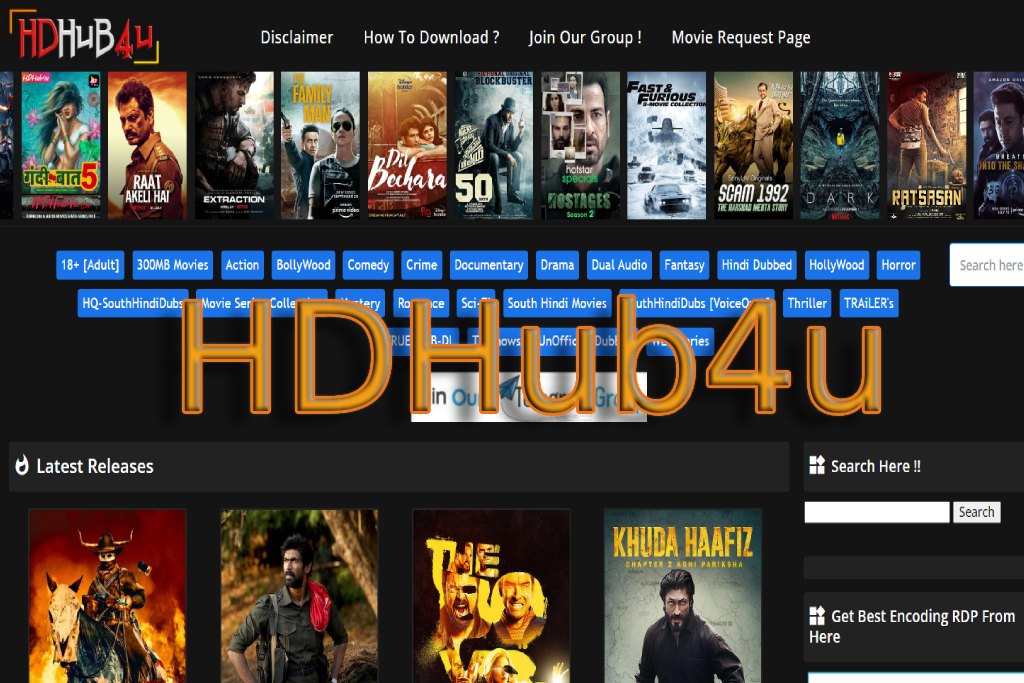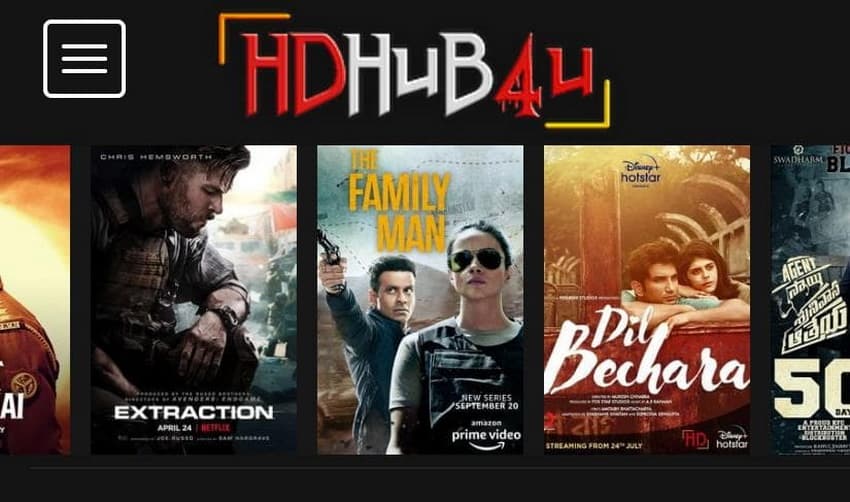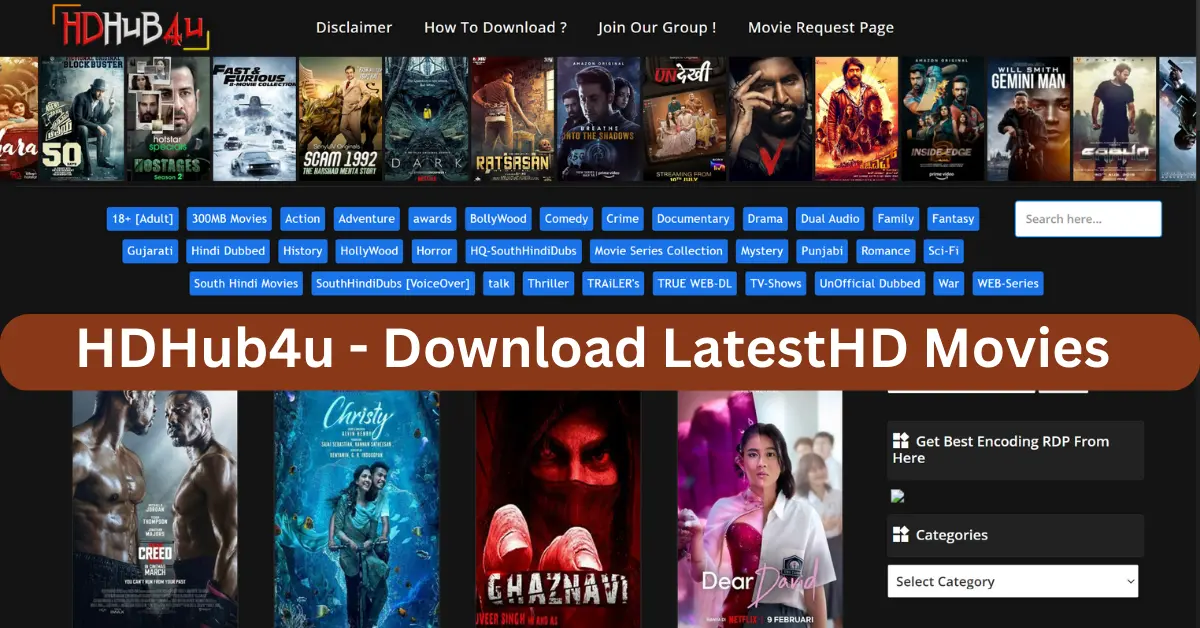Hdhub4u: No Results Found? Tips & Movie Alternatives
Have you ever searched for something online and been met with the frustrating message: "We did not find results for:" followed by a suggestion that seems completely unrelated? The internet, despite its vastness, can sometimes feel like a labyrinth of dead ends, leading users down paths that offer little more than generic advice and irrelevant suggestions. This disconnect between user intent and search engine output is a growing concern in the digital age.
The repeated appearance of phrases like "Check spelling or type a new query" after a failed search can be particularly jarring. While seemingly helpful, such prompts often underscore the limitations of current search algorithms. These algorithms, despite their sophistication, sometimes struggle to understand the nuances of human language and intent. They may prioritize keywords over context, leading to results that are technically accurate but ultimately unhelpful to the user. The experience highlights the ongoing challenge of bridging the gap between human communication and machine understanding, particularly in the realm of online search.
Furthermore, the insertion of seemingly random phrases like "Hdhub4u your goto for free online movies more" within search result failures raises questions about the integrity of search engine optimization (SEO) and the potential for malicious actors to manipulate search results. Such insertions can be indicative of spamming techniques or attempts to redirect users to potentially harmful websites. The prevalence of these tactics underscores the need for users to exercise caution when navigating search results and to be wary of links that appear suspicious or irrelevant to their initial query. It also highlights the ongoing battle between search engines and those who seek to exploit their algorithms for nefarious purposes.
- Juliette Lewis From Cape Fear To Yellowjackets Beyond
- Unveiling Disturbing Manga From Kago To The Abyss Beyond
The frequency with which users encounter these "no results" messages, coupled with irrelevant suggestions, points to a broader issue of information overload and the challenges of sifting through the vast amount of content available online. While the internet offers unprecedented access to information, it also presents the challenge of discerning credible sources from unreliable ones and of filtering out the noise to find the information that is truly relevant. This requires users to develop critical thinking skills and to be discerning consumers of online content.
Moreover, the repetition of these failed search results suggests a potential problem with the indexing of websites or the effectiveness of search engine algorithms in identifying and ranking relevant content. It may also indicate a problem with the website itself, such as a technical issue that prevents it from being properly indexed by search engines. In any case, the repeated failure to find relevant results can be frustrating for users and can detract from their overall online experience.
The constant evolution of search engine algorithms means that what works today may not work tomorrow. Website owners and content creators must stay abreast of the latest SEO best practices in order to ensure that their content is easily discoverable by search engines. This requires a commitment to continuous learning and adaptation, as well as a willingness to experiment with different strategies to improve search engine rankings. The challenge is to create content that is not only informative and engaging but also optimized for search engines without sacrificing quality or relevance.
- Ellen Pompeo Chris Ivery Sweetest Love Story Kids More
- Ace Your Fisdap Exams Prep Tips Resources For Ems Success
In addition to technical SEO considerations, website owners must also focus on creating a positive user experience. This means ensuring that their website is easy to navigate, that their content is well-organized and easy to read, and that their website loads quickly and efficiently. A positive user experience not only improves search engine rankings but also encourages visitors to return to the website in the future. Ultimately, the goal is to create a website that is both search engine friendly and user friendly.
The rise of mobile devices has also had a significant impact on online search. With more and more users accessing the internet via smartphones and tablets, it is essential for website owners to ensure that their websites are optimized for mobile viewing. This means using a responsive design that adapts to different screen sizes and resolutions, as well as optimizing images and other content for mobile devices. A mobile-friendly website is not only essential for attracting mobile users but also for improving search engine rankings, as Google and other search engines now prioritize mobile-friendly websites in their search results.
The future of online search is likely to be driven by artificial intelligence (AI) and machine learning. These technologies have the potential to significantly improve the accuracy and relevance of search results by better understanding user intent and context. AI-powered search engines will be able to analyze vast amounts of data to identify patterns and trends, and to provide users with personalized search results that are tailored to their individual needs and preferences. This will require a shift in how we think about SEO, as content creators will need to focus on creating content that is not only optimized for keywords but also optimized for AI algorithms.
The challenge of finding relevant information online is likely to become even more complex in the years to come, as the amount of content available continues to grow exponentially. This will require users to develop even more sophisticated search skills and to be more critical consumers of online content. It will also require search engines to continue to innovate and to develop new technologies that can help users navigate the vast ocean of information available online.
The issue of "no results found" is not merely a technical glitch; it's a reflection of the complex interplay between search engine algorithms, user behavior, and the ever-evolving landscape of online content. Addressing this issue requires a multifaceted approach that involves improving search engine algorithms, educating users about effective search strategies, and promoting the creation of high-quality, relevant content. Only through a concerted effort can we ensure that the internet remains a valuable resource for information and knowledge.
The persistent "We did not find results for:" message serves as a reminder of the limitations of current search technology and the ongoing need for innovation in this field. It highlights the importance of user feedback in improving search engine algorithms and the need for content creators to focus on creating content that is both informative and easily discoverable. Ultimately, the goal is to create a search experience that is seamless, intuitive, and that provides users with the information they need quickly and efficiently.
The experience of encountering "no results found" can also be an opportunity for reflection and learning. It can encourage users to think more critically about their search queries and to explore alternative search strategies. It can also lead to the discovery of new and unexpected sources of information that might not have been found otherwise. In this sense, even a failed search can be a valuable learning experience.
The ongoing development of new search technologies, such as voice search and image search, is likely to further transform the way we access information online. These technologies offer new and intuitive ways to search for information, and they have the potential to make online search even more accessible and convenient for users of all ages and abilities. As these technologies continue to evolve, it is important to consider their potential impact on user privacy and security, and to ensure that they are used in a responsible and ethical manner.
In conclusion, while the message "We did not find results for:" can be frustrating, it also serves as a reminder of the ongoing challenges and opportunities in the field of online search. By understanding the limitations of current search technology and by adopting effective search strategies, users can improve their online experience and find the information they need more quickly and efficiently. And by focusing on creating high-quality, relevant content, content creators can ensure that their work is easily discoverable and that it contributes to the overall value of the internet as a resource for information and knowledge.
Let's consider a hypothetical individual who has encountered these frustrating search results. For the sake of example, we'll call her Anya Sharma, a digital marketing specialist who frequently relies on online search to stay informed about industry trends and research potential clients. When Anya encounters repeated "no results found" messages, particularly those accompanied by irrelevant suggestions, it impacts her productivity and can even lead to missed opportunities. To understand her experience and the impact of search engine limitations, let's delve into a profile of her background and professional life.
| Category | Information |
|---|---|
| Full Name | Anya Sharma |
| Date of Birth | March 15, 1988 |
| Place of Birth | Mumbai, India |
| Education | MBA in Marketing, University of California, Berkeley |
| Current Role | Senior Digital Marketing Specialist, GlobalTech Solutions |
| Professional Skills | SEO, SEM, Content Marketing, Social Media Marketing, Data Analytics |
| Years of Experience | 10+ years |
| Website | Anya Sharma's Professional Profile (Example) |
Note: The website link is a placeholder and should be replaced with an actual, relevant link.
Anya's daily routine involves extensive online research, from monitoring competitor activities to identifying emerging trends in digital marketing. When search engines fail to deliver relevant results, Anya spends valuable time refining her queries and exploring alternative search methods. This inefficiency can lead to project delays and missed deadlines, affecting her overall performance and the success of her team. Furthermore, the exposure to irrelevant or misleading suggestions can be detrimental to her research, potentially leading to flawed strategies and poor decision-making.
In addition to the professional challenges, Anya also faces personal frustrations when search engines fail to provide accurate information. Whether she's researching travel destinations, looking for healthy recipes, or seeking advice on home improvement projects, Anya relies on online search to find reliable and trustworthy sources. When she encounters "no results found" messages or irrelevant suggestions, she feels discouraged and distrustful of the internet's ability to provide accurate and unbiased information. This can lead to a sense of information overload and a reluctance to rely on online sources for important decisions.
Anya's experience highlights the critical role that search engines play in shaping our access to information and influencing our decisions. When search engines fail to deliver relevant and accurate results, it can have significant consequences for both individuals and organizations. It is therefore essential for search engines to continue to improve their algorithms and to ensure that their results are unbiased and trustworthy. It is also important for users to develop critical thinking skills and to be discerning consumers of online content, in order to avoid being misled by false or inaccurate information.
As a digital marketing specialist, Anya is acutely aware of the impact that search engine optimization (SEO) can have on website traffic and online visibility. She understands that businesses must optimize their websites for search engines in order to attract potential customers and to compete effectively in the online marketplace. However, she also recognizes the potential for SEO to be misused, as some companies engage in unethical tactics to manipulate search results and to gain an unfair advantage over their competitors. This can lead to a distorted and unreliable search landscape, making it difficult for users to find the information they need.
Anya believes that search engines have a responsibility to combat unethical SEO practices and to ensure that their results are fair and unbiased. She also believes that users have a role to play in reporting suspicious or misleading search results and in supporting websites that provide high-quality, accurate information. By working together, search engines, users, and content creators can create a more trustworthy and reliable online environment.
Anya's experience also underscores the importance of digital literacy and the need for individuals to develop the skills and knowledge necessary to navigate the online world safely and effectively. This includes the ability to evaluate the credibility of online sources, to identify and avoid online scams and fraud, and to protect their personal information from cyber threats. Digital literacy is becoming increasingly essential in today's world, as more and more aspects of our lives are moving online.
In addition to digital literacy, Anya also emphasizes the importance of critical thinking and the ability to question assumptions and to challenge conventional wisdom. She believes that it is essential for individuals to be able to think for themselves and to make informed decisions based on evidence and reason. This is particularly important in the age of misinformation and fake news, where it can be difficult to distinguish between fact and fiction.
Anya's story is just one example of the many ways in which search engines impact our lives. By understanding the limitations of current search technology and by developing the skills and knowledge necessary to navigate the online world effectively, we can improve our online experience and make more informed decisions. And by working together, search engines, users, and content creators can create a more trustworthy and reliable online environment for everyone.
The "We did not find results for:" message may seem like a minor inconvenience, but it is a symptom of a larger issue: the challenge of organizing and accessing the vast amount of information available online. As the internet continues to grow and evolve, it is essential for search engines to innovate and to develop new technologies that can help us navigate this complex landscape. It is also important for users to develop the skills and knowledge necessary to use search engines effectively and to evaluate the credibility of online sources. Only by working together can we ensure that the internet remains a valuable resource for information and knowledge.
The problem is complex, but recognizing its nuances is the first step towards creating a more effective and user-friendly online experience for everyone. The future of search depends on it.
- Mehmet Gnsr The Rise Of A Talented Turkish Actor
- Easy Guide Remote Ssh Raspberry Pi Behind Firewall No Port Forwarding

HDHub4u HD Best Free HD Movies & Shows!

HDHub4U Download Your Ultimate Guide To Movies And Entertainment

HDHub4u HD Movie Download Your Ultimate Guide To Streaming High